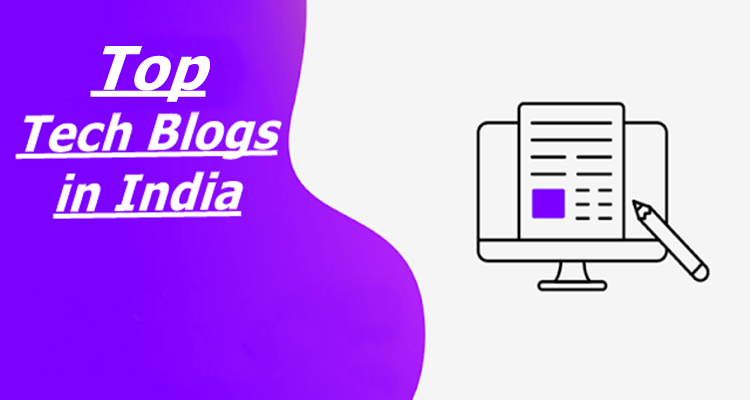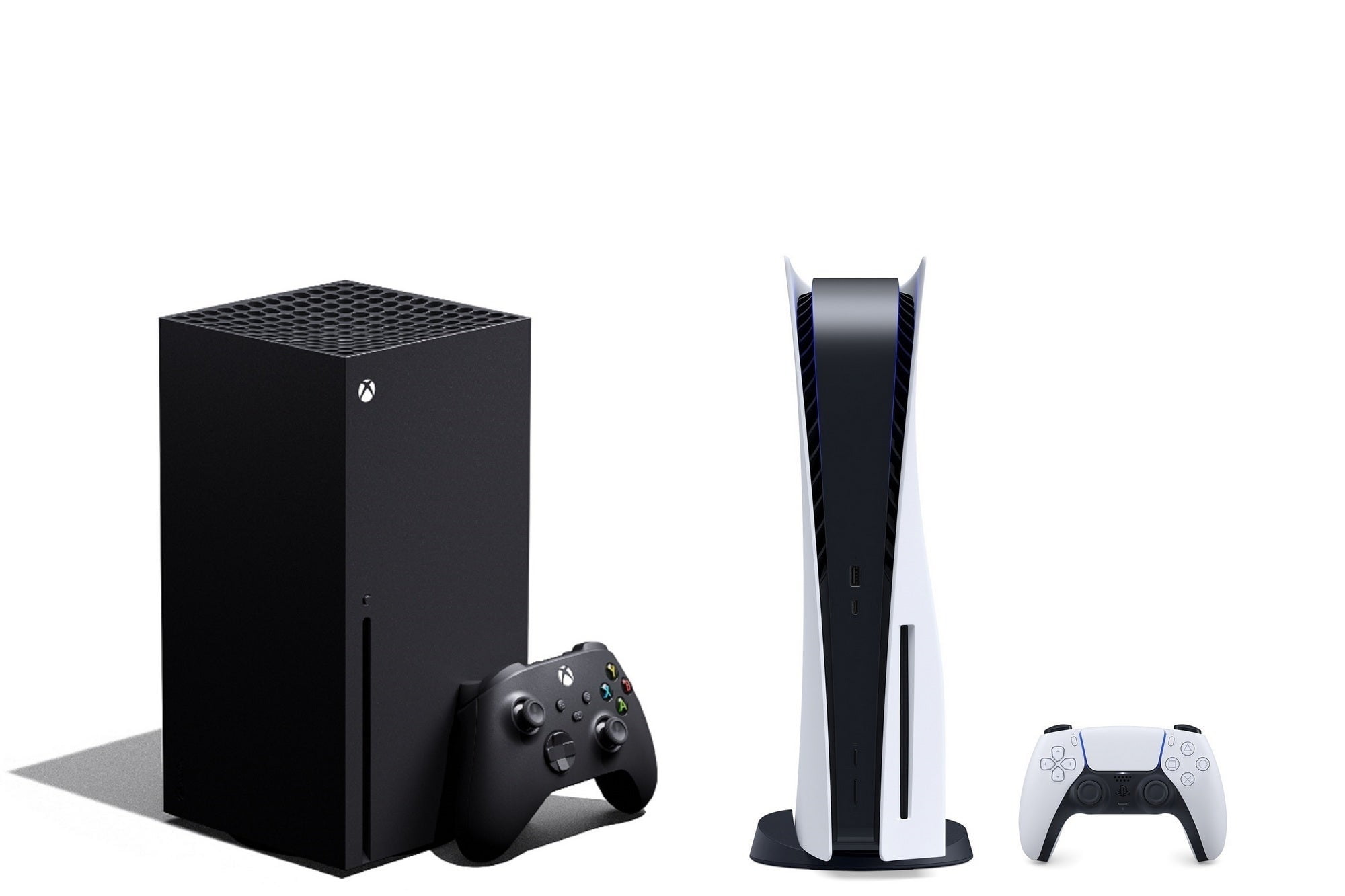
We are yet again heading into another familiar situation this fall, another Xbox console going head to head to against another Sony console, this time the Xbox Series X versus the PlayStation 5. And yet Microsoft is trying to extract itself from the console wars entirely. Even though it’s fielding another box, Phil Spencer has made the comment that Microsoft’s chief rivals in the gaming space are now Amazon and Google, not Sony and Nintendo.
The news is jarring for fans who have long seen Sony, Microsoft and Nintendo going head to head, but Spencer’s comments reflect a larger picture, one where gaming becomes reliant on the cloud, and whoever has the best infrastructure and distribution there will win the future of gaming, expanding beyond the sales of a hundred million consoles a generation, and potentially opening up AAA gaming to an audience of billions through streaming.
My colleague Kevin Murnane wrote a great piece about this, talking about how important the cloud is to the current state of multiplayer gaming and the future of game streaming. He says that Microsoft is “ending” the console wars by simply leaving PlayStation behind as they move toward this inevitable future.
And yet that’s all I think it is at the moment, the future.
I do believe that we could someday live in an era where Amazon and Google become major players in the gaming space, and Microsoft finds itself at a powerful advantage over Sony, who does not have its own cloud infrastructure to work with.
But someday is not…this fall. And I think that if Sony is “left behind,” that it’s not going to be for another full console generation, at least. And even then, it’s not really possible to say that for sure.

A Sony DualShock 4 wireless controller (L) and Microsoft Xbox One wireless controller, taken on … [+]
FUTURE VIA GETTY IMAGES
While I agree that the cloud has become key for multiplayer, obviously this isn’t an aspect of the conflict that has affected Sony much, as any multiplayer title you can play on PC or Xbox you can play on PlayStation just as seamlessly. So that’s just a non-factor.
The big turn, of course, is game streaming, and yet I think that this is a concept that is so, so new to the industry, that in order for it to blossom into a fully-fledged threat to the traditional console ecosystem, it’s still going to take years to reach that point.
It is hard to consider Amazon a threat to PlayStation when their rumored game streaming service is not even here yet, and may only debut this fall alongside the new consoles. Amazon has been quietly working in game development for years already without much to show for it, and so its road to becoming a power player in the industry is going to be a long one.
Google has already launched Stadia, and while the tech works (most of the time), the service lacks a multitude of promised features and the game catalogues of its rivals. But even if Stadia continues to grow and Google does not throw in the towel (like it has with so many other experimental projects over the years), Sony’s PlayStation brand has 26 years of history behind it. Google can’t just expect to roll up on the scene and say “this is how gaming works now!” and expect everyone to switch over.
Microsoft, meanwhile, probably has the best potential use of game streaming in its pocket, the ability to use xCloud to stream already-owned Xbox games, or potentially Game Pass titles in the future. That’s great. But Microsoft also tends to be almost too forward thinking when it comes to gaming at times. Microsoft was actually right about how digital distribution was the future back when the Xbox One launched, and yet they totally mangled the transition with attempts to invalidate the simple act of owning and sharing discs. The public wasn’t ready.

Xbox Series X
MICROSOFT
And I am not sure the public at large is ready for game streaming either. One thing that constantly needs to be in the back of everyone’s minds as game streaming continues to evolve is that the internet, at least in the West, is not evolving at the same pace. Many consumers have connections too slow to make game streaming work, and those that can handle it may frequently run into data caps if streaming 4K games ends up using 20 GB an hour. You could hit your caps in a few days of hardcore gaming in a month, depending on your internet provider.
On top of all of this, Sony is just not in a weak position coming into this console generation. The PlayStation 4 was one of the best-selling consoles in history and released some of Sony’s best exclusives of all time over the last few years. The PlayStation 5 is going to be an incredibly strong seller, and even more so if, as predicted, it might undercut the Xbox Series X in terms of price.
Yes, I can envision a future where game streaming is the mainstream and Sony starts to be left out of the loop. I can even imagine Sony possibly becoming just a software publisher someday if they can’t keep up with the changing industry. But that is far, far away. Not until at least the end of this upcoming console generation, and yet even then I am wary about predicting that Xbox Series X and PS5 will be the “last” consoles, because everyone has been predicting that for 10-15 years now, and it never seems to pan out.
More than VR or motion controls, game streaming does seem like it has the potential to be the future of gaming. But the future is not now, and it’s going to take at least another generation to solidify its place in the industry. And who knows, maybe by then, Sony figures out another way to adapt and survive.
[“source=forbes”]






